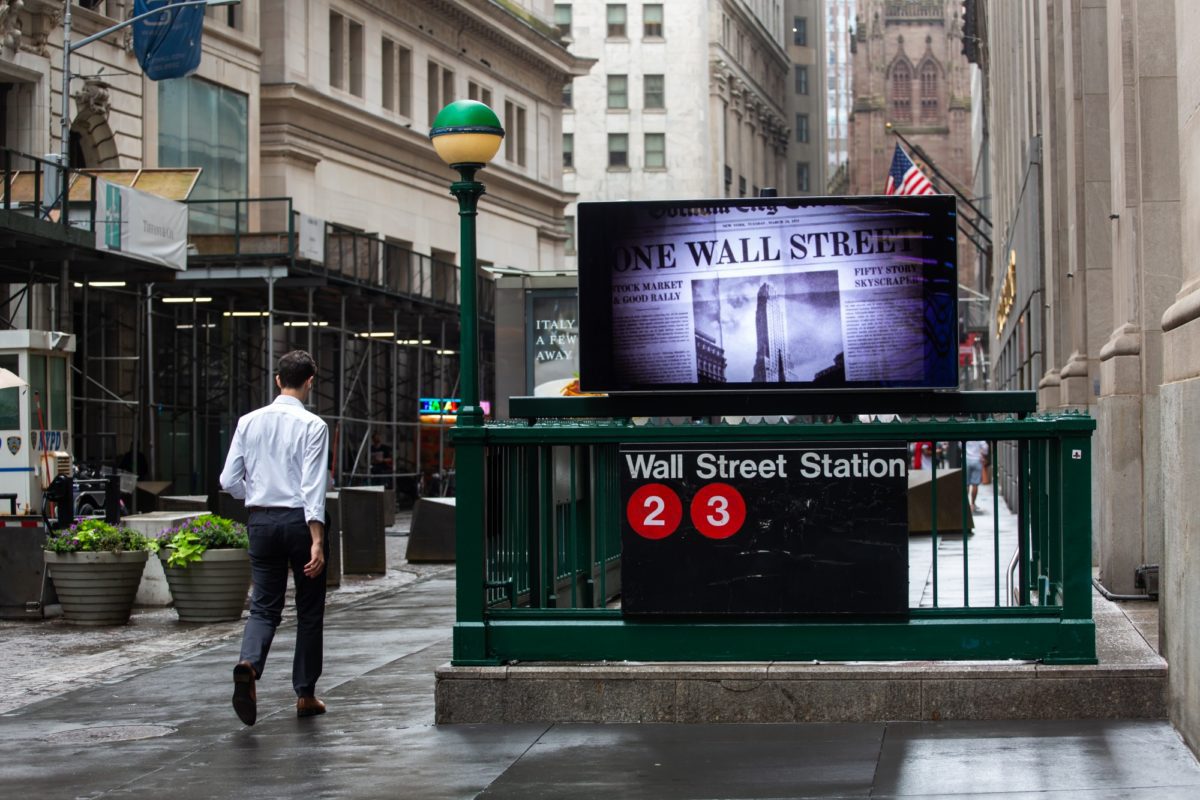Markets Due to Break Recent Lows on Recession
Investment experts are warning that stocks will continue to fall further due to the impending recession caused by rising interest rates. The S&P 500 finished 2022 with its biggest pullback since 2008, declining by 19%. Meanwhile, the Dow Jones Industrial Average lost 8.8% and the Nasdaq tumbled by 33%. Although U.S. stocks are currently showing an upswing in 2023, many are doubting the possibility of any severe recession and that the Federal Reserve will pull off a “soft landing” after its series of interest rate hikes.
The Federal Reserve has raised interest rates significantly since March 2022, reducing inflation to about 6% from around 10%. The labor market has remained strong throughout, with an unemployment rate of 3.4%. However, experts are warning that this does not necessarily mean that the fundamentals of the economy have improved. The crowing of the rooster (prices going up) does not equate to the underlying economy’s health.
Looking at the earnings and growth from many Nasdaq-traded names, the picture does not get much better. For example, Alphabet, one of the favorites, had a revenue increase of only 10% in 2022, compared to 41% a year earlier. Even worse, the company’s fourth-quarter 2022 YouTube revenue was down almost 8% from the year-ago quarter. Overall, Alphabet’s EPS fell to $4.56 in 2022 from $5.61 in 2021.
Looking at the fundamentals of the economy itself, it is unclear that inflation is actually slowing as much as the market might have you believe. Excluding used cars and trucks, every other category is up, with many rising in double-digits. This suggests that we are still far from the Fed’s target rate of 2%. Therefore, the idea that the Fed will stop raising rates and/or start cutting anytime soon seems unlikely.
It is important to remember that we are in Year 1 after almost 14 years of consistent 0% interest rates and quantitative easing. Many companies, such as Carvana, have business models that were built on and depended on very low interest rates and easy money policies. It will take time for the trillions of dollars of liquidity that the Fed pumped into the market over the past 14 years to come out of the market.
Experts believe that we are likely in the early stages of a recession and would not rely on continued resilience in the labor market and consumer spending as signs that a recession won’t happen. While no one can time the next recession, it is important to remain cautious and not chase the market. Every crash usually leads to a great buying opportunity, but buying on weakness should be done with caution.
Finally, investment experts warn that the bear market of 2022 may not be over, and we may already be in the early stages of the next great recession. Although the Federal Reserve has raised interest rates significantly and reduced inflation, the fundamentals of the economy and the market suggest that we may still be far from a soft landing. It is important to remain cautious and not chase the market, but to wait for a great buying opportunity after the crash.










































